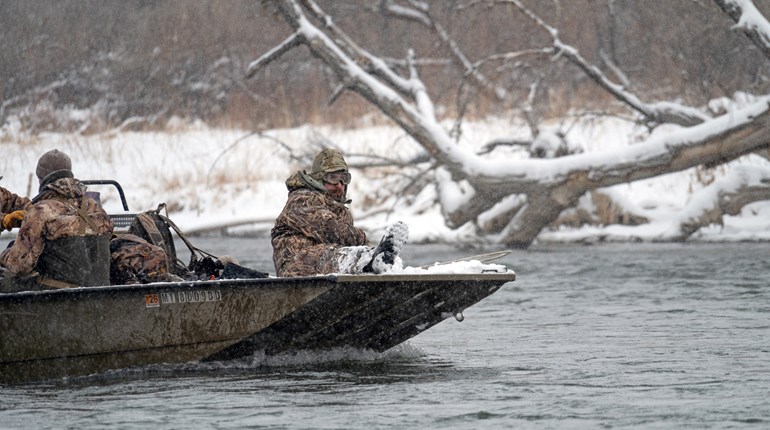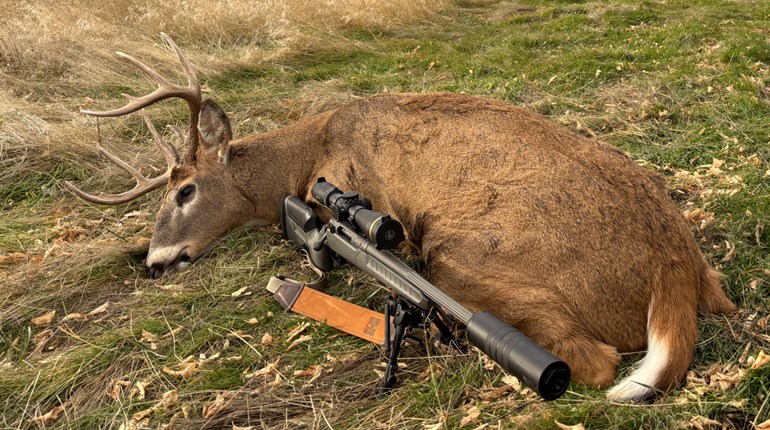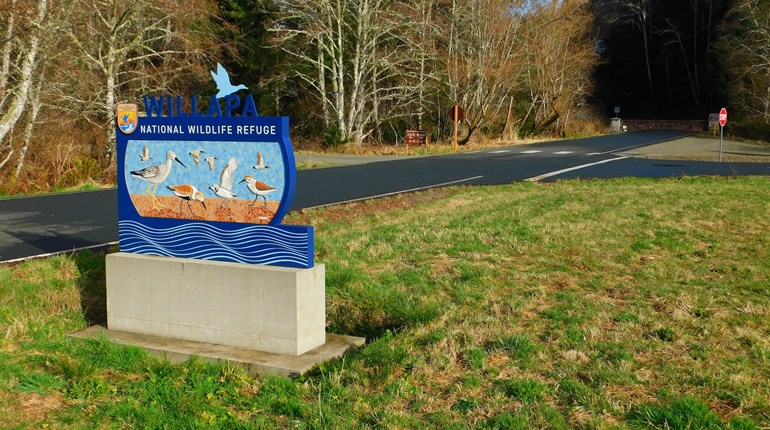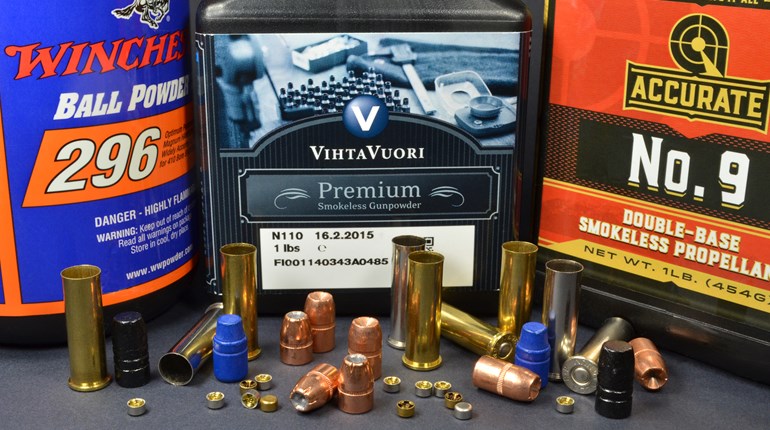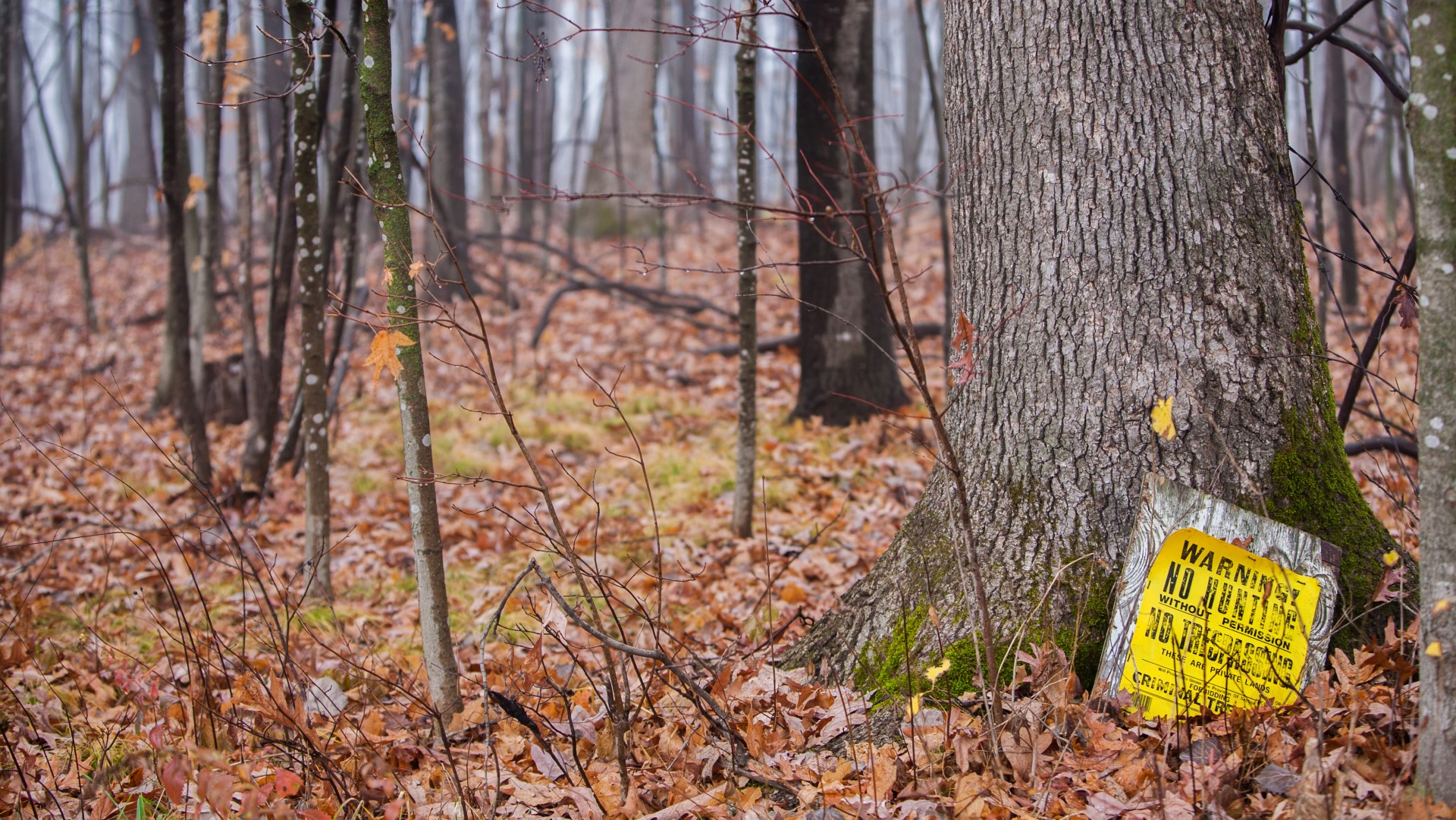
Much of the best hunting in North America occurs on private land, but for a number of reasons, obtaining permission to hunt from landowners is getting tougher each year. The following are a few suggestions to help increase your success rate when knocking on doors.
Don’t Dress Like a Hunter
This may sound counterintuitive, but if you step out of your vehicle covered in camo clothing or bedazzled in blaze orange you may already have reduced your chances of getting a positive response. Some property owners are prejudiced against hunters—possibly due to a previous encounter that didn’t go well—and you don’t want him/her making up their mind about you before you even have a chance to speak to them.
Rather, wear nondescript casual clothing the first time you visit a prospective landowner, and make sure it’s clean and unrumpled. Also, don’t wear a hat, as you want the landowner to easily be able to see your face and eyes. First impressions are important. The idea is to present yourself as a friendly, nonthreatening individual. They’ll know you’re a hunter soon enough.
Making Connections
Getting permission to hunt is all about building trust, and doing so quickly. In essence, you are asking a property owner to trust you enough to roam their land with a rifle, shotgun, handgun or bow and arrow. That’s a tall order, and serious business.
You’ve likely heard that the basics of successful communication should include the five Ws: who, what, where, when, why/how. I’ve found that to be a successful approach when asking to hunt, but not necessarily in that order. Instead, try this:
Who: First, introduce yourself. (“Hi, I’m Joe Smith.”)
Where: Next, tell the property owner where you live, and be specific. (“I live a few miles from here on Smith Road.” Or, “I live in the nearby town of Smithville.” Or, “I live in Smith City.” Or, “I live out of state.”)
What: Then ask the person if they allow any hunting, and if so, tell them you’d like permission to hunt. Again, be specific. Do you want to hunt deer, ducks, doves, what? Being specific is important, because the landowner might want to reserve the deer hunting for himself and his family, but also might be very willing to have you hunt other game animals, particularly predators such as coyotes.
By providing your “who, where, what” information up front, you’ve made a basic introduction. It’s then time to establish any further connections you might have. For instance, if a neighbor of theirs has given you permission to hunt, mention that fact. If you happen to know any family members or friends of the landowner, mention that, too. The idea is to keep the conversation going, giving them multiple reasons to trust you, while at the same time allowing them time to mentally evaluate you and make their decision.
For instance, I recently asked a farmer to hunt his property, inadvertently stopping by as he was repairing a large grain-hauling truck. After supplying him my who-where-what information, he seemed noncommittal. Not wanting to press him for an answer, I changed the subject by asking him what was wrong with the truck. For the next 15 minutes he proceeded to describe the problem and possible solutions he had in mind, not even mentioning hunting. I knew he was thinking over his decision of whether or not to let me hunt, so I simply listened, asked a question or two about the repairs, and nodded my head at appropriate times. Eventually, the conversation drifted back around to hunting and he said, “Sure, go ahead and hunt.”
Ask Questions
Hopefully, you, too, will hear the magic “yes” word. It’s then time to ask the last two of the original five questions—when, why/how. After all, you’ve worked hard to get permission to hunt; you don’t want to lose that privilege because of a misunderstanding. Some of the additional information you’ll need to know to avoid a conflict is:
Are there certain days of the week (such as Sunday, possibly) when you would not like me to hunt?
Are there certain times of the day when you would not like me to hunt?
What are the boundaries of your property?
Where would you like me to park my vehicle while I’m hunting so it will be out of your way?
Have you given anyone else permission to hunt your property?
Do you mind if a bring another person along with me?
Provide Your Contact Information
Once those various details have been worked out, always provide the landowner with your written contact information before leaving—at the very least your cell phone number. He or she then has an easy, quick way to get back in touch with you should a need arise. I provide landowners with my business card, which includes not only my name and phone number, but also my home address and email address. That may verge on overcommunicating, but a business card shows good faith, and that I’m not trying to hide anything. Again, I want the landowner to feel that he can trust me on his property, and know that I will treat his land as I would my own.
Say Thanks
If you want to be welcomed back again next year, show your appreciation through a tangible gift, not just a handshake. For example, I have permission to spring turkey hunt on private land in Ohio, and each year immediately following the end of the season I send the landowners a handwritten thank-you note describing my hunting experience—successful or not—and I always enclose a gift card from a local restaurant with a note that says, “Take your spouse out to lunch on me.”
I also have permission to dove hunt on private property, with the dove-hunting season occurring during late-summer and early-fall. My wife bakes a wide variety of Christmas cookies each year, so during the holiday season I make it a point to take a heaping plate of those tasty goodies to the landowners with a tag that reads, “Thanks for the dove hunting!” It’s a simple gesture, but one that is remembered from year to year.
Lastly, many landowners—especially farmers and ranchers—are busy people. So, don’t wear out your welcome by bothering them unnecessarily. On the other hand, don’t be afraid to speak up and say something if you happen to see something amiss. For instance, if you encounter another hunter on the property that you suspect does not have permission to be there, notify the landowner. And if you can get a license plate number from the person’s vehicle, so much the better.
A property owner is doing you a favor—a huge favor—by allowing you to hunt. Attempt to return that favor in any way you can. Be a problem solver, not a problem creator, and you will no doubt be welcomed back next hunting season.













